England and Scotland went separate ways on Covid-19. It may lead to a full divorce

When British Prime Minister Boris Johnson landed on Thursday in Orkney, an archipelago off Scotland's northern coast, he boldly proclaimed that the trip proved his commitment to a united nation.
"The Union is a fantastically strong institution -- it's helped our country through thick and thin," he said. "I think what people really want to do is see our whole country coming back strongly together, and that's what we're going to do."
Together, perhaps, but not with Scotland's leader. For his first trip to Scotland this year, Johnson chose a sparsely populated group of islands hundreds of miles from the seat of Scottish political power in Edinburgh; he did not meet with Scotland's top elected official, First Minister Nicola Sturgeon.
That may be for good reason. Though Scotland has suffered badly from Covid-19, Sturgeon's popularity has surged, largely as she has steered a more cautious approach out of the pandemic than her English counterparts. Support for Sturgeon's ultimate political goal, Scottish independence from England, is also on the up.
Johnson's personal ratings, meanwhile, have taken a hit, as the messaging around reopening south of the Scottish border has been more haphazard. His visit to Scotland was an attempt to regain some political capital north of Hadrian's Wall.
Divergent approach
One of the many lessons from the pandemic in the UK has been the starkly different governing styles of the country's political leaders.
Johnson, despite being educated at England's most elite establishments, has made a career of playing the klutzy everyman. It's a routine that works great for photo ops -- the infamous zipline mishap during the 2012 Olympics, as London mayor, was a highlight -- but perhaps not so well for global pandemics.
Long before Johnson himself contracted Covid-19, he told a group of journalists with a mischievous smile that he had recently visited a hospital and "I think there were actually a few coronavirus patients, and I shook hands with everybody, you'll be pleased to know."
Johnson faced particular ridicule for confusing advice about reopening. He told Brits on May 10 that if they could not work from home, they should now be "actively encouraged to go to work" but that they should also "stay alert."
Sturgeon was not impressed. "I don't know what 'stay alert' means," Sturgeon said at the time, adding that she had asked the British government not to deploy that slogan in Scotland.
When Johnson's government introduced new rules that allowed residents to visit certain countries without quarantining on return, Sturgeon called the decision-making process "shambolic." Unlike Downing Street, she refused to allow unrestricted travel from Spain.
Another area of divergence has been over the issue of face coverings -- Sturgeon made them mandatory in shops here a full two weeks before Downing Street followed suit with a similar ordinance for England. Sturgeon's tartan face mask has become a sartorial signature.
Johnson has not resisted masks with the zeal of US President Donald Trump, but he is more often seen without a face covering, even indoors, than with one. His visit to Orkney drew a small protest; one man heckled, "Where's your mask, Boris?"
Perception of power
To an outsider (and in fact to many Brits), the division of power in the UK can be confusing. Boris Johnson is Prime Minister of the United Kingdom of Great Britain and Northern Ireland, but since the late 1990s, much power has been transferred to the UK's constituent nations -- a process known as devolution.
This means many policy decisions concerning health, education, and transportation for Scotland, Wales and Northern Ireland are taken not in London, but in Edinburgh, Cardiff and Belfast. It has not been unusual to see a grand policy announcement emanating from Downing Street, only to find a postscript explaining that the rule only applies to England.
"This is really the most significant time where devolution has been the most obvious to the ordinary citizens," the pro-independence pollster Mark Diffley said on a typically rainy summer day in Edinburgh.
That perception is evident on the streets of Scotland's capital. "London is too choppy, too changing its mind all the time, can't make out what it wants to do," said Karen Miele, 58, from Edinburgh. "Does it want to help people? Does it want to put the economy first? Or does it just not care? Doesn't know what it's doing."
Andrew MacDonald, 21 from Linlithgow, said that his view of Sturgeon has "definitely gone up" over the course of the pandemic. "I think Nicola has done the right thing in trying to keep the politics out of it, and go with the science first and foremost throughout the whole thing," he said.
Despite this perceived divergence in approach, Covid-19 outcomes -- so far, at least -- have not been so dissimilar. In fact, the death rate in Scotland has only been slightly better than in England. For every 100,000 people, 77 in Scotland have died and had Covid-19 listed on their death certificate, versus 86 in England.
"There are important differences in the approach, and also important differences in the public perception of the approach," said Linda Bauld, professor of public health at the University of Edinburgh.



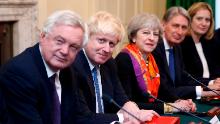
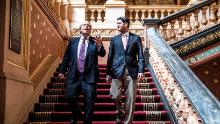
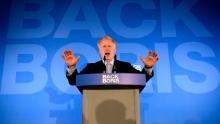
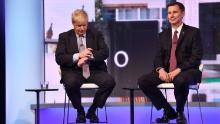
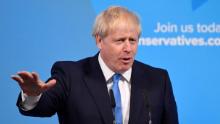
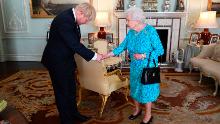
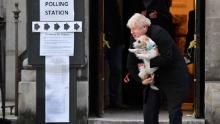
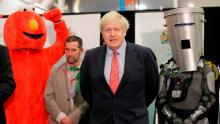
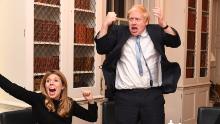
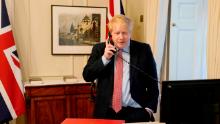
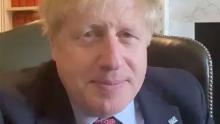
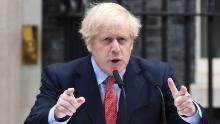
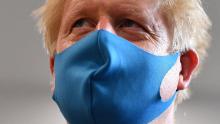
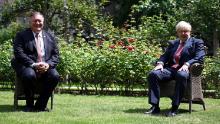
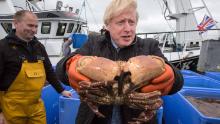



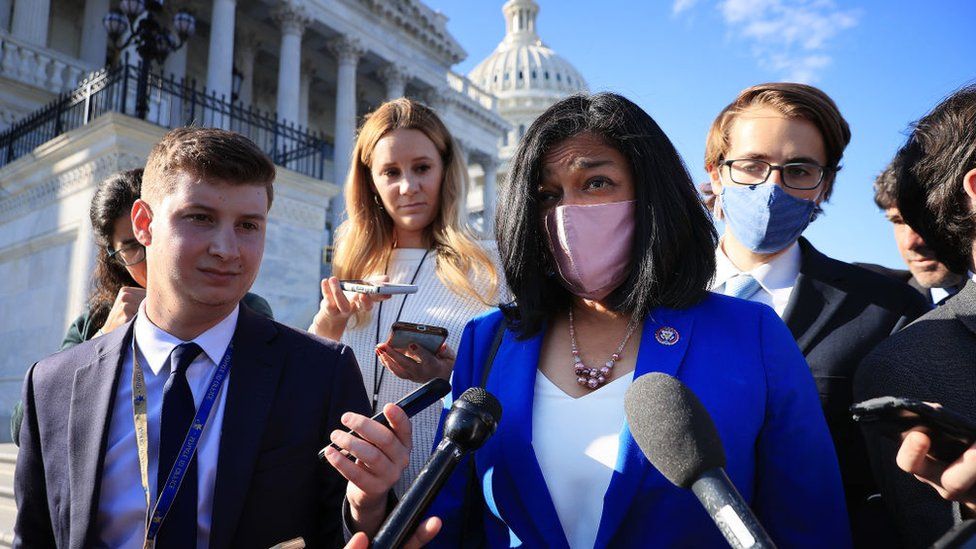




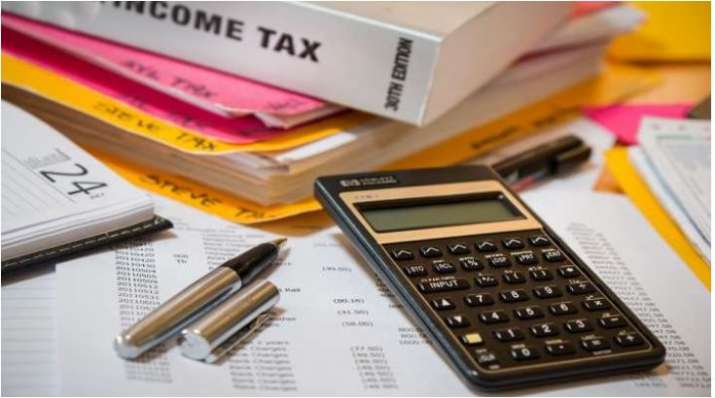

Comments